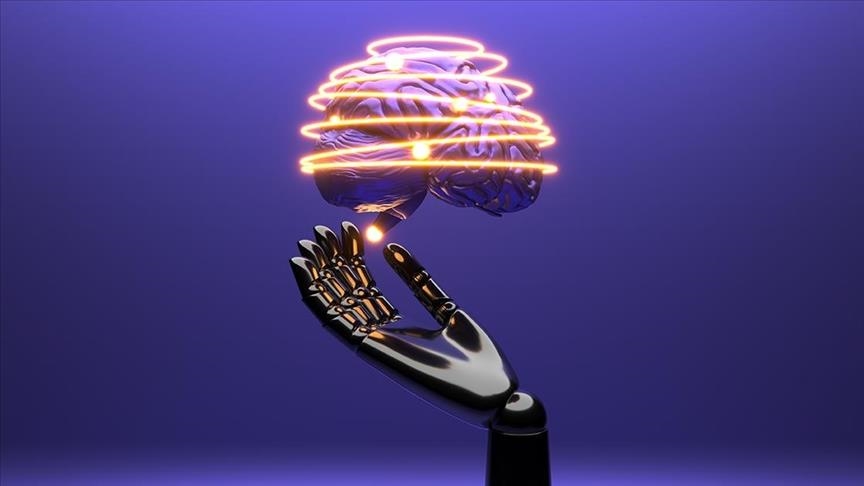LONDON
EU officials have agreed on a provisional deal on the world’s first comprehensive laws aimed at regulating the use of artificial intelligence (AI).
The proposed regulations, collectively known as the AI Act, are set to undergo a vote in the European Parliament early next year. The law is not expected to take effect until at least 2025.
European Commission President Ursula von der Leyen expressed optimism about the AI Act’s impact on technology development, emphasizing that it will contribute to the creation of technology that does not compromise people’s safety and rights.
“The AI Act is a global first. A unique legal framework for the development of AI you can trust. And for the safety and fundamental rights of people and businesses. A commitment we took in our political guidelines – and we delivered. I welcome today’s political agreement,” she said on X.
EU Commissioner Thierry Breton also hailed the agreement as “historic,” emphasizing that it establishes “clear rules for the use of AI.”
“The EU becomes the very first continent to set clear rules for the use of AI,” he said on X. “The AI Act is much more than a rule book — it’s a launch pad for EU start-ups and researchers to lead the global AI race.”
Among the new rules, there are limitations on the of use of biometric identification systems by law enforcement.
The legislation also includes bans on “social scoring,” which involves assessing individuals based on certain metrics, as well as on AI systems designed to “manipulate human behavior to circumvent their free will.”
It also outlaws the exploitation of vulnerable populations, such as those affected by age, disability, or economic challenges, through the use of AI.

